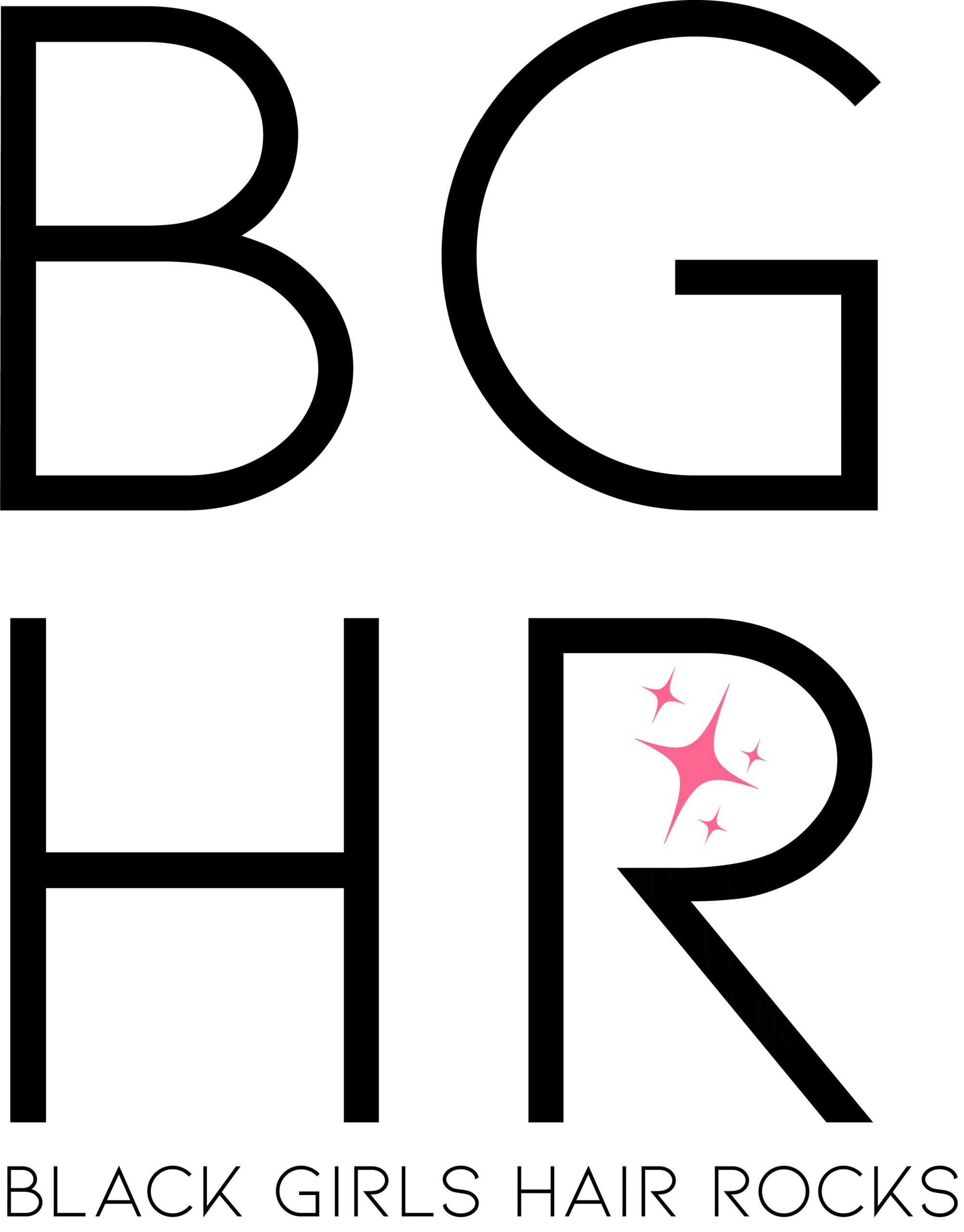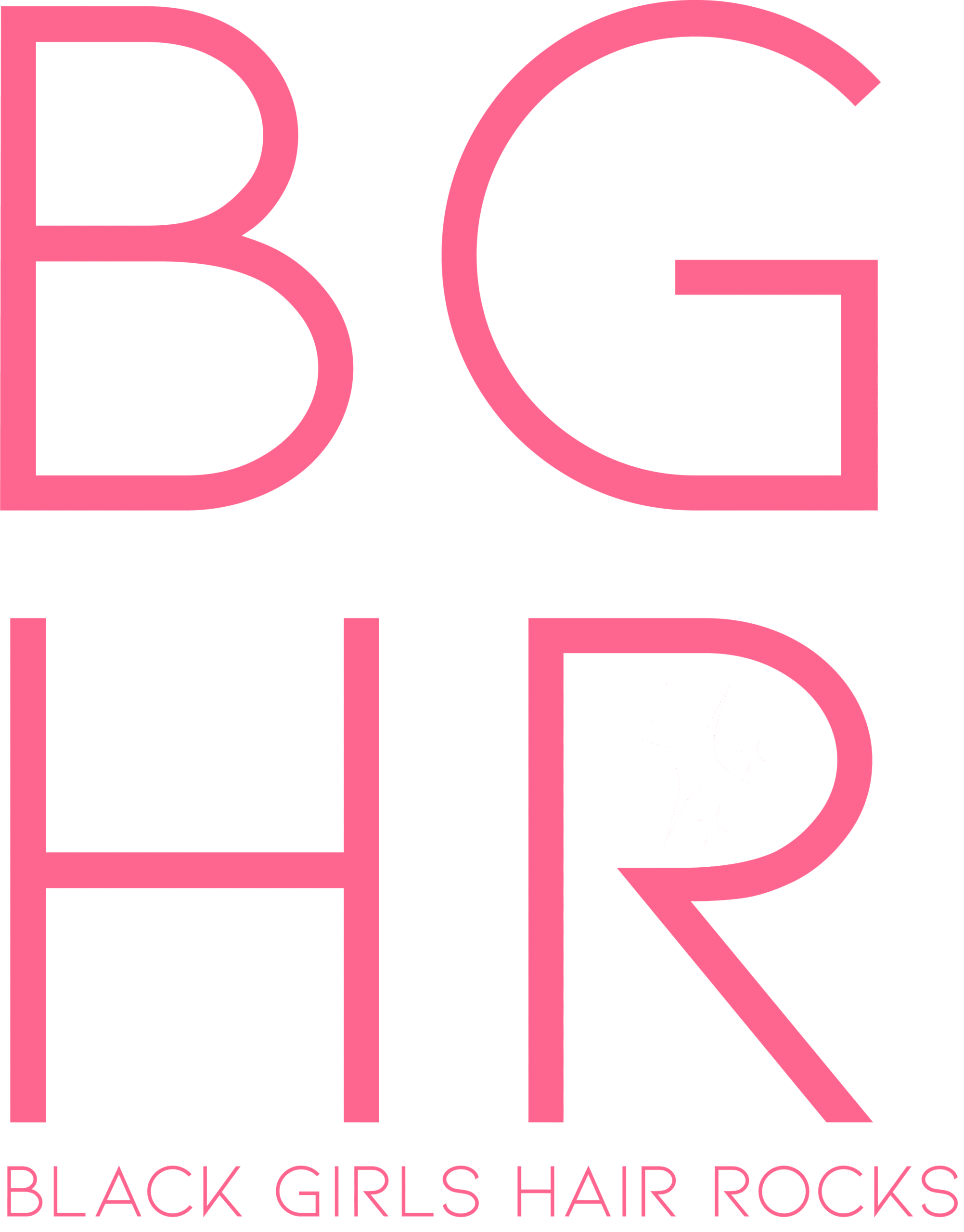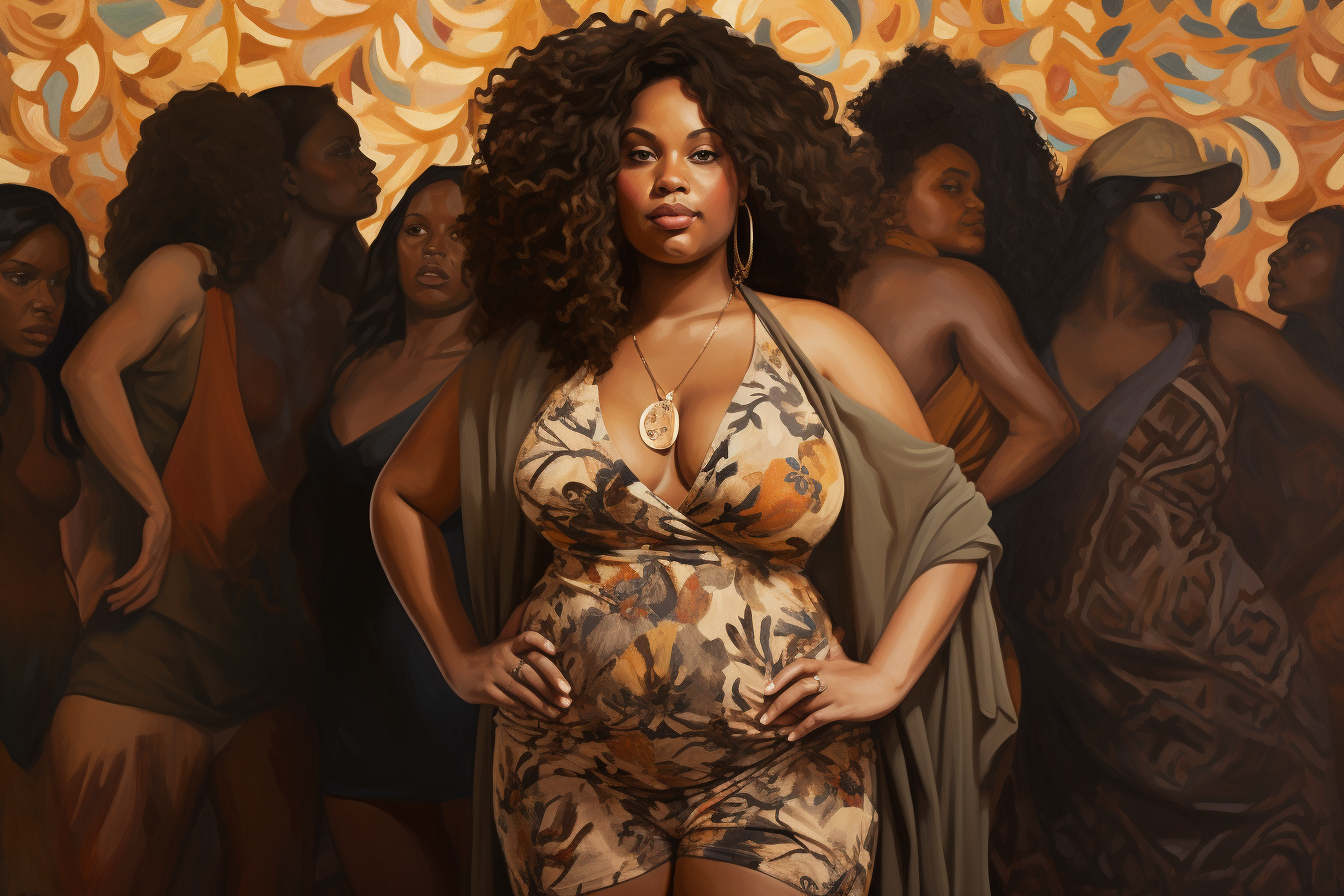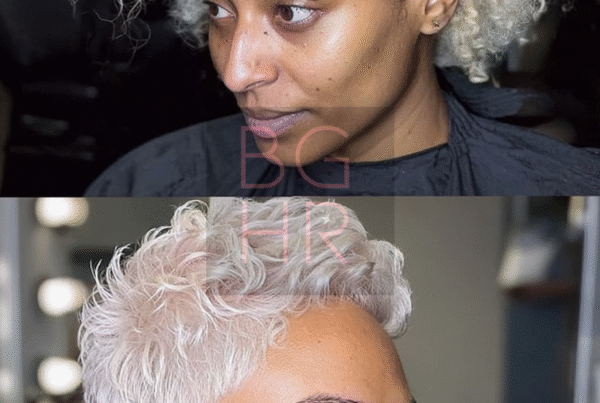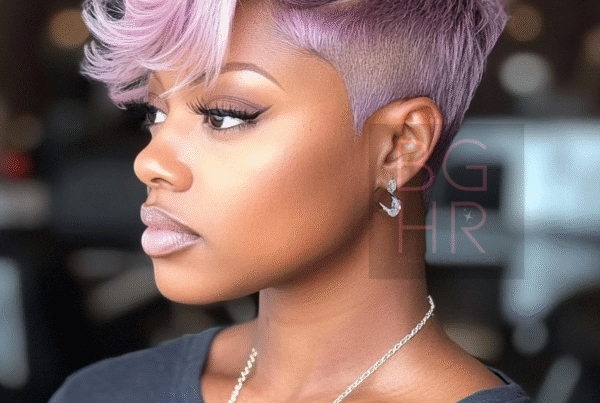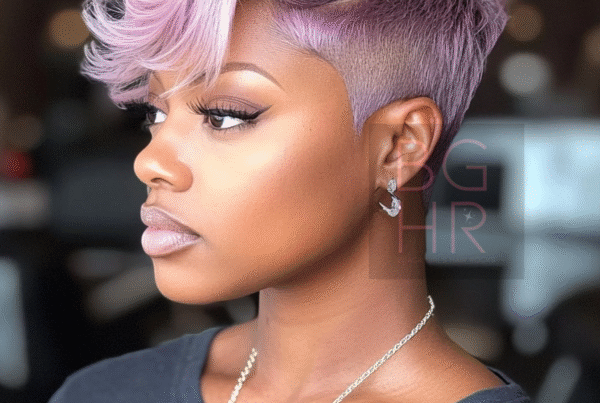The exploitation of black women on social media for the purposes of garnering likes and views
 Everyone now has a platform on which they may express themselves thanks to the proliferation of social media, which brought with it a democratization of the voice. However, not every voice is given the same opportunity to be heard. In particular, black women find themselves at a complicated junction of racism and sexism, which results in the marginalization of their communities on a structural level. This might appear in potentially detrimental ways on platforms that are designed to promote material based on how popular it is.
Everyone now has a platform on which they may express themselves thanks to the proliferation of social media, which brought with it a democratization of the voice. However, not every voice is given the same opportunity to be heard. In particular, black women find themselves at a complicated junction of racism and sexism, which results in the marginalization of their communities on a structural level. This might appear in potentially detrimental ways on platforms that are designed to promote material based on how popular it is.
Stereotypes Regarding Points of View
The employment of generalizations for the purpose of attracting attention is a worrying trend on social media. Caricatures of black women that are hurtful and reductionist in nature are perpetuated by some content makers who are motivated by the desire to achieve viral popularity. These depictions frequently fit into preexisting archetypes, such as the “angry black woman,” the “over-sexualized temptress,” or the “loud and sassy sidekick.” Not only are these images degrading, but they also create a tremendous distortion of the diverse realities of the lives of black women.
It is absolutely necessary to have the awareness that preconceptions do not live in a void. Misrepresentations like this that are spread on social media serve to reaffirm stereotypes that have been around for ages. In addition, as these photographs and videos accumulate likes and shares, algorithms interpret this as evidence that the content is wanted, which results in a wider circulation of the media. As a consequence of this, an inaccurate portrayal becomes the norm.
The Endeavor to Acquire Authenticity While Seeking Empowerment
On the other hand, a lot of black women have found that social media may be an instrument of empowerment for them. According to a study that was conducted by Nielsen in the year 2017, black women are significant trendsetters and brand loyalists. They also take the lead in talks on beauty goods and dominate real-time dialogues. They are a powerful force on social media; 81% of them watch product reviews, 72% of them explore beauty techniques, and 66% of them discuss health and wellness.
In addition, social movements such as #BlackGirlMagic and #SayHerName have evolved as venues to celebrate the achievements of black women and raise awareness about the injustices they confront. The purpose of these initiatives is to combat preconceived notions about black women by highlighting the variety, resiliency, and varied nature of their lived experiences.
**Summing Everything Up**
Even if damaging stereotypes can be spread on social media, it also provides a channel for fighting back against them and gaining empowerment. The responsibility of promoting and supporting realistic portrayals falls not only on the content makers but also on the viewers. It is vital to challenge preconceptions and highlight the voices of oppressed groups in order to ensure that the genuine diversity and richness of human experiences are honored. This will ensure that stereotypes are challenged.
